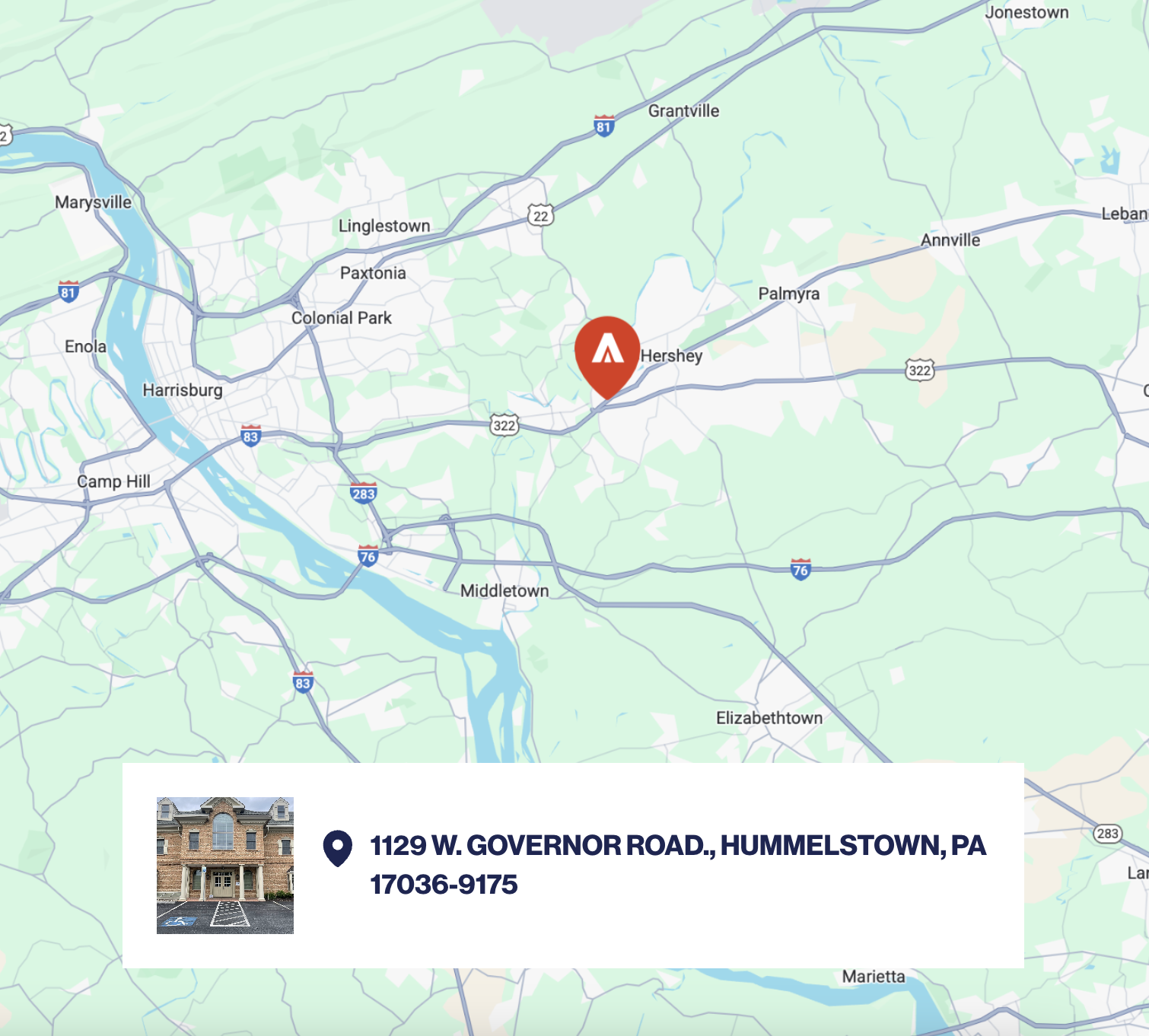What’s the best therapy for depression? Here's what'll move the needle

Can’t make it to your 9 a.m.? Can’t make it to the kitchen?
If life feels like a swamp you’re sinking into, this is for you.
You’re not lazy. You’re not broken. You’re likely dealing with depression.
And good news: That means there’s help.
You don’t need to hit rock bottom or check into a hospital to get serious support anymore. If even the smallest things feel too heavy—like showering or replying to texts—these five therapy options might just be the reset you’ve been needing.
The Short Answer:
Here are 5 evidence-based therapies Sanare uses to help people heal—fast.
- Cognitive Behavioral Therapy (CBT)
- Dialectical Behavioral Therapy (DBT) in our Turning Point program
- Interpersonal Psychotherapy (IPT)
- EMDR (Eye Movement Desensitization Reprocessing)
- Walk and Talk Therapy
So…what does depression even feel like?
Depression isn’t just sadness—it’s disconnection.
From yourself. From people. From hope.
You start skipping meals. Canceling plans.
You’re still breathing, but barely living.
And maybe the most painful part? Feeling like no one gets it.
If you’ve been stuck here, know this: You’re not alone. And you don’t have to stay here. Real therapy—not once-a-week “vent and bounce” therapy, but deep, immersive, life-changing therapy—isn’t just out there. It’s available now.
Let’s walk through your options.
1. CBT (Cognitive Behavioral Therapy)
The one that rewires your inner dialogue.
Think of your brain like a cluttered room. CBT helps you notice which thoughts are trash and which ones just need to be dusted off. It’s not about toxic positivity—it’s about getting real with yourself and creating thoughts that don’t drain you.
At Sanare, we don’t just do CBT in 1:1 sessions—we embed it into our 4- and 5-day-a-week group programs. (Spoiler: People feel better faster when they’re showing up more than once a week.)
2. DBT (Dialectical Behavior Therapy)
The one for when your emotions hijack your life.
Imagine your brain’s a grocery cart with a busted wheel. Every time you try to move forward, it veers off course. DBT teaches you how to steer again—even when your emotions are pulling you sideways.
DBT helps with:
- Emotional outbursts
- Self-harm or suicidal thoughts
- Black-and-white thinking
- Intense relationships
- Our Turning Point program teaches DBT in a trauma-informed, skills-based format. Most clients learn all core skills in just 8 weeks when in group 4x/week. That’s not magic—that’s momentum.

3. IPT (Interpersonal Psychotherapy)
The one for when relationships feel impossible.
IPT is about what happens between people—how conflict, grief, and disconnection can pull us into depression, and how healing those threads can help us come back to life.
We’ll help you get honest about your relationships:
Who drains you? Who do you avoid? What do you need that you’re not asking for?
This is a short-term therapy (8-15 sessions) that helps you become a better communicator and boundary-setter—without blowing everything up in the process.
4. EMDR (Eye Movement Desensitization and Reprocessing)
The one for processing trauma without talking about it.
Ever wish you could feel relief without having to tell the whole story? EMDR is your answer.
It uses guided eye movements to help your brain reprocess trauma in a way that makes it…lighter. More distant. Less defining.
We offer EMDR in our trauma programs and in Rapid Reset Sessions—single-session intensives for people who want to heal a specific memory fast.
5. Walk and Talk Therapy
The one for when sitting across from a therapist sounds like hell.
Sometimes, moving your body makes it easier to open your mind. Walk and Talk therapy is just what it sounds like—you take a walk with your therapist and process things as you go. It’s casual, grounding, and helps reduce anxiety just by changing your environment.
This is especially helpful for folks who feel trapped indoors, get stuck in their heads, or need a little movement to stay regulated.
Your Next Steps
If something in this article hit close to home, take that as a nudge.
You don’t have to figure it all out right now. But you do deserve to feel better.
At Sanare, we’ll help you build a care plan that actually fits your life—whether that’s group therapy 5 days a week or EMDR once a month.
Let’s start your process.
You’ve done the surviving. Now let’s do the living.
And hey—if you ever feel like you need more support with this?
That’s what we’re here for.
If that hit close to home, here’s more.
Join Us
Tired of the same old mental health advice?
Sometimes funny. Always human. For the days you’re not ready to talk but still want to feel understood.



.jpg)
















